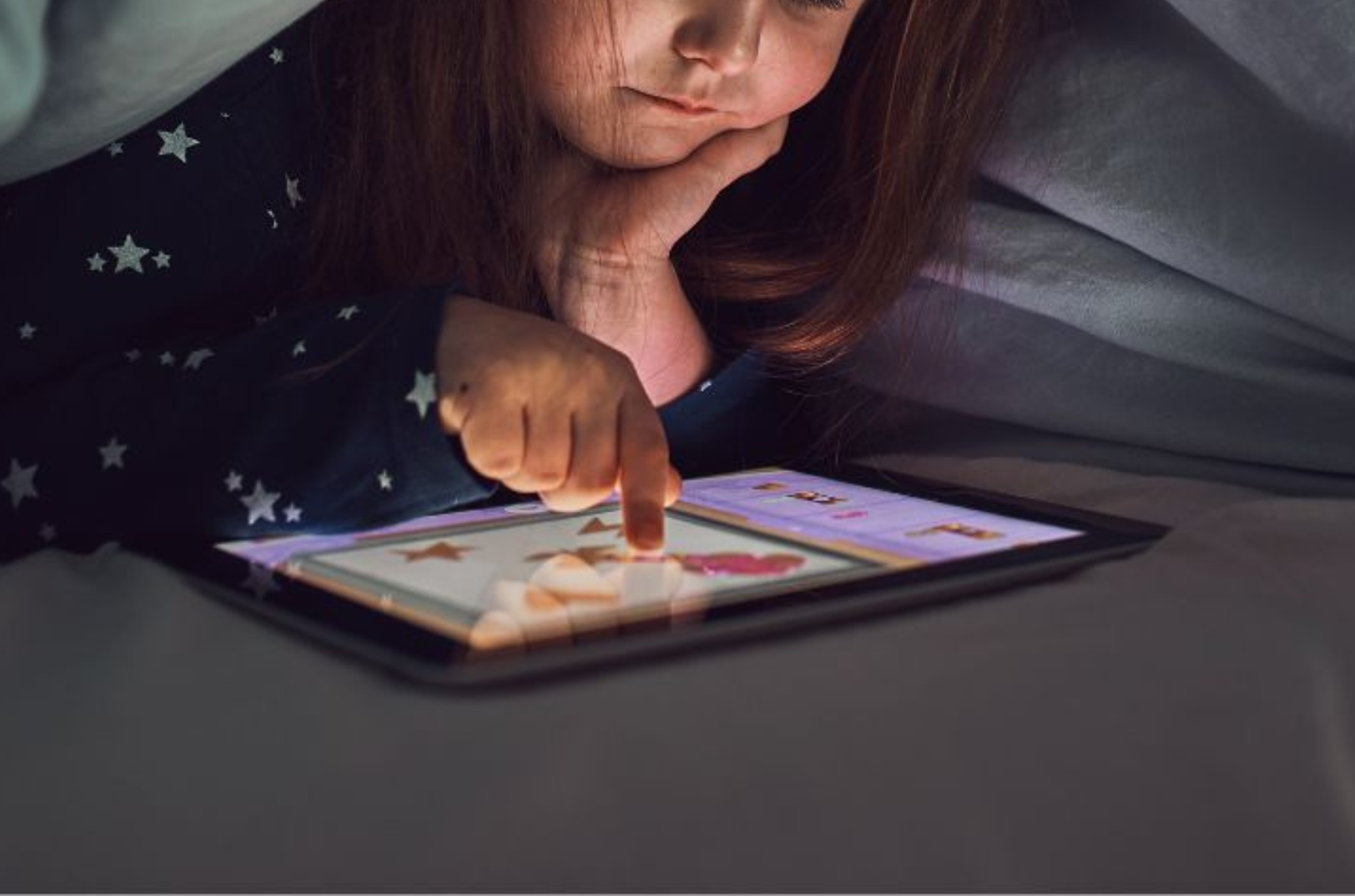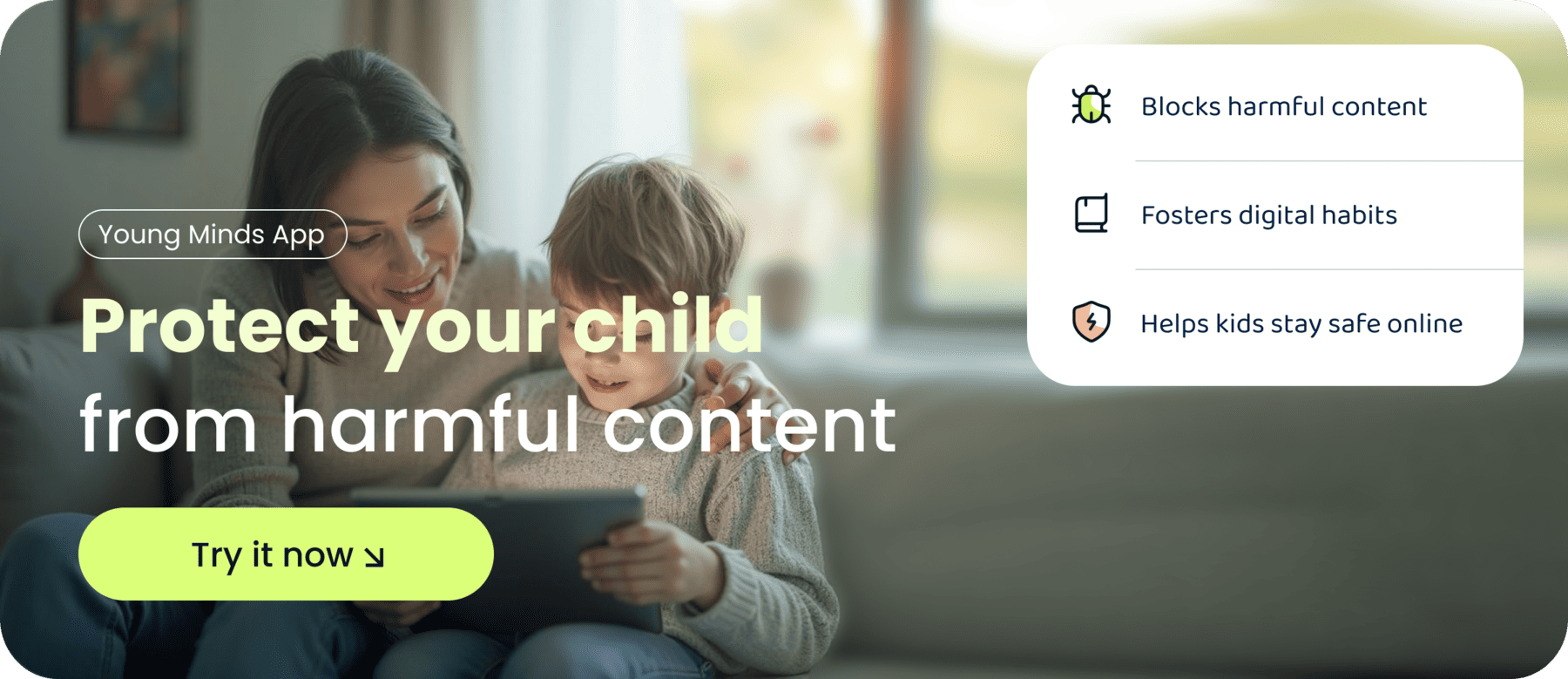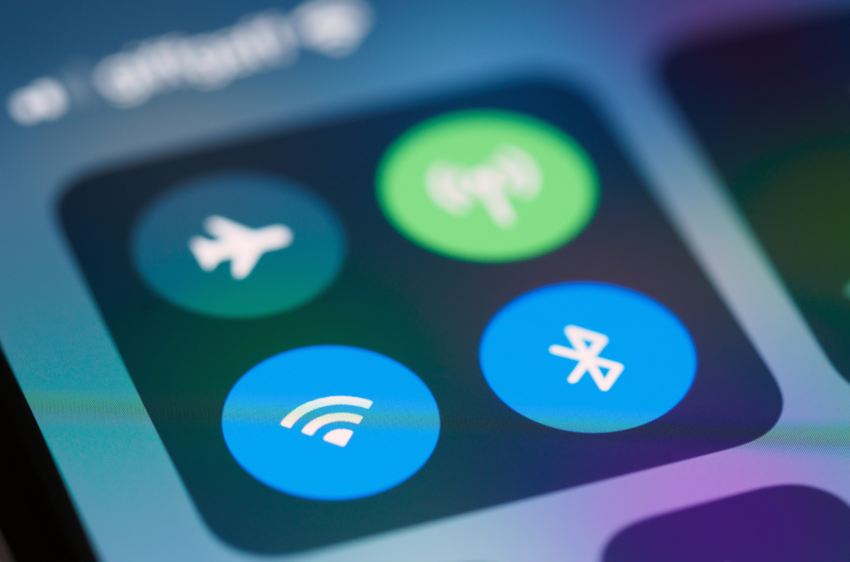How to Reduce Screen Time: A Positive, Practical Guide for Families
Screens are everywhere. From smartphones and tablets to televisions and gaming consoles, digital devices are a huge part of modern life. While technology offers learning opportunities and entertainment, too much screen time can affect a child’s sleep, mood, attention span, and even family relationships. The challenge for parents is clear: how to reduce screen time without turning it into a daily battle.
At Young Minds, we believe that the key is not banning screens but teaching children how to use them in a balanced, intentional way. Our approach blends structure, trust, and skill-building, so children learn to self-regulate and thrive both online and offline.
Why Reducing Screen Time Matters
Studies show that excessive screen use can contribute to disrupted sleep patterns, lower physical activity, reduced attention span, and higher stress levels. It can also impact social skills if it replaces face-to-face interaction. However, cutting screen time too aggressively can cause resentment and lead to conflict at home.
The goal is balance, creating a healthy relationship with technology that encourages education, creativity, and connection while leaving room for real-world experiences.
Start with Honest Conversations
Children are more likely to cooperate when they understand why something matters. Sit down as a family and talk about the benefits of reducing screen time such as better rest, more energy, more time for hobbies, and stronger family connections.
Avoid framing it as punishment. Explain that screens are just one part of a healthy lifestyle alongside physical activity, rest, and social interaction. Ask your child for their input on how much time they think is reasonable and what activities they might enjoy instead. When they help set the rules, they are more invested in following them.
Reduce Gradually for Lasting Change
If your child spends several hours a day on screens, cutting it too quickly can backfire. Aim for small, steady reductions of 15 to 30 minutes each week until you reach your target. This approach is less disruptive and gives children time to adjust.
Gradual change also allows you to observe how your child responds, making it easier to find the right balance without unnecessary tension.

Create Device-Free Zones and Times
Clear boundaries make it easier for everyone to manage screen use. Designate certain places and times in your home as screen-free, such as mealtimes to encourage conversation, bedrooms at night to improve sleep, and during homework to increase focus.
These rules should apply to everyone in the household, including adults, so children see the limits as fair and consistent.
Replace Screens with Engaging Alternatives
Children are far less likely to miss their devices when they have other activities to enjoy. Offer appealing offline options such as outdoor games, sports, nature walks, creative projects, reading together, cooking as a family, or playing board games.
By introducing variety, you show children that fun and relaxation can come from many different sources, not just screens.
Use Technology to Build Better Habits
The right technology can help reduce screen time. The Young Minds App supports parents in guiding rather than policing screen use. Features like Study Mode, Wind Down Mode, and customised daily routines help children manage their time without constant reminders or arguments.
Because children can see their own progress and achievements, they feel empowered to make positive choices, which is more effective than simply enforcing rules.
Reward and Celebrate Progress
Positive reinforcement is a powerful motivator. Praise your child when they meet agreed limits or choose an offline activity on their own. Rewards do not have to be material, extra playtime outside, a family outing, or a favourite meal can be just as motivating.
By celebrating progress, you help build habits that your child will carry into adulthood.
Lead by Example
Children notice when parents are glued to their own devices. If you want your child to have a healthy relationship with technology, model the behaviour you expect. Put your phone away during meals, avoid mindless scrolling in front of your child, and prioritise offline activities as a family.
Why This Approach Works
Reducing screen time works best when it is collaborative, gradual, positive, and supported by tools. Children help set the rules and feel ownership, changes are introduced at a manageable pace, and the focus stays on benefits and alternatives rather than punishment.
By combining these elements, families can transform screen time from a source of conflict into an opportunity for growth, connection, and lifelong digital wellbeing.
How the Young Minds App Can Help
The Young Minds App is designed for parents who want to go beyond basic screen limits and help their children develop lifelong digital skills. With smart safety features, customisable modes, and gentle reminders, it turns screen time management into a positive learning experience. Instead of constant battles, you get cooperation, understanding, and a healthier balance between online and offline life. Whether you want to encourage better study habits, improve bedtime routines, or create more opportunities for family connection, Young Minds gives you the tools to make it happen.
Parents Also Ask:
What is the healthiest way to reduce screen time for kids?
The healthiest approach is gradual and collaborative. Involve children in setting limits, replace screens with engaging activities, and use positive reinforcement to build sustainable habits.
How can parents reduce screen time without constant conflict?
By setting clear routines, having open conversations, and using tools like the Young Minds App, parents can make screen limits a shared goal rather than a rule to enforce.
What is the 3 6 9 12 rule for screen time?
The 3-6-9-12 rule is a guideline proposed by French psychiatrist Dr. Serge Tisseron to help parents introduce technology in a gradual, age-appropriate way and reduce risks of overexposure.
Here’s the breakdown:
- Before age 3:
No screens at all.
The focus should be on real-world interaction, sensory play, and face-to-face bonding. Screens at this age can interfere with brain development, language skills, and sleep. - Before age 6:
No personal consoles or unsupervised screen use.
Children can be introduced to some educational TV or interactive activities, but always in short, shared sessions with an adult guiding them. - Before age 9:
No internet access alone.
At this stage, kids can use computers for learning, but without free internet browsing. Parents should be present to explain and guide content. - Before age 12:
No social media accounts or unsupervised online communication.
This age group is more prepared for online research and basic digital independence, but still needs strong supervision and clear boundaries before engaging in social platforms.
This aligns well with the Young Minds App philosophy, introducing freedom step-by-step, with strong safety and clear guidance, so kids learn why boundaries exist rather than simply following them





